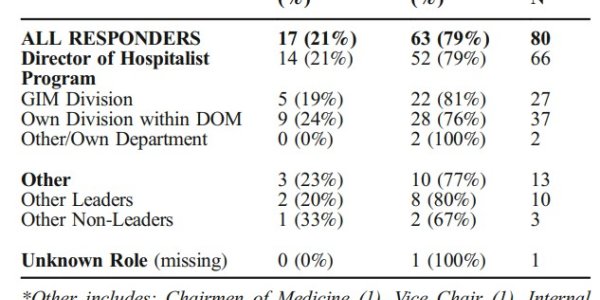In the United States, legalization of marijuana is happening at a record pace, thanks to governments hoping for new tax streams and public health claims giving it a free pass that literally no other product has ever gotten. However, a few experts and some users agree that package warnings stating the health risks are needed, yet what marijuana smokers think is needed is different from what the medical community believes should be required.
Given the craze, it is no surprise journal publishers are scrambling to push out new places to lend marijuana a veneer of scientific authenticity. One new one, Cannabis and Cannabinoid Research,
has authors John Malouff and Caitlin Johnson of University of New England, and Sally Rooke, of the University of Sydney, Australia, ask young adults who had used cannabis at least once to suggest a warning that governments could mandate on marijuana products. The method wasn't scientific, they used a press release, Facebook postings and requested in classes at their school that users self-identify as trying a cannabis product at least once.
Some youths in Australia view cannabis as potentially harmful, and many of their recommended warnings agreed with those of experts, particularly related to the effects of cannabis on driving ability, mental health and psychological functioning, addiction/abuse risk, and long-term physical effects.
Interestingly, the study participants were more aggressive about the types of warnings; 288 users suggested six warning topics:
(1) risk of harm to mental health and psychological functioning;
(2) risk of operating machinery while under the influence;
(3) short-term physical side effects;
(4) responsible use;
(5) long-term negative physical effects; and
(6) dependence, addiction, or abuse.
The user-suggested warnings overlapped with six expert-recommended warnings identified in prior survey research and included two content areas that did not feature in expert-recommended warnings: short-term physical side effects and the importance of responsible use.




